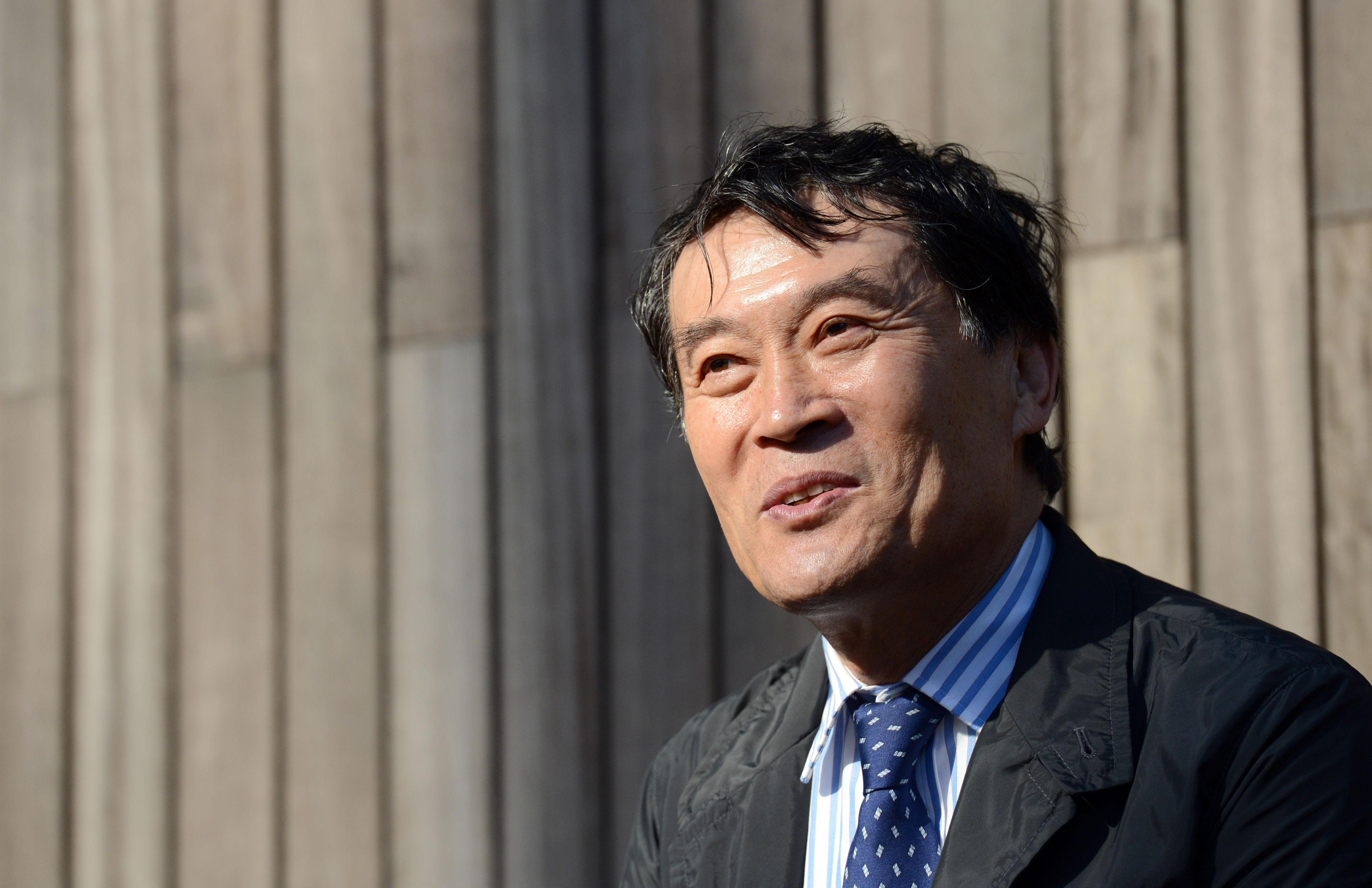From Poverty to Philanthropy: Ha Jung-woong Donates Over 10,000 Artworks

Ha Jung-woong (하정웅), an 85-year-old Korean-Japanese art collector, has donated more than 11,000 pieces of art to South Korea over the past 30 years. His contributions include 2,600 works to the Gwangju City Museum of Art and 3,800 to the Yeongam County Museum of Art, both named in his honor. The Yeongam museum was established in 2012, and it is currently preparing to receive additional donations, aiming to house around 4,000 pieces. Considering that the Seoul Museum of Art has about 6,000 pieces, Ha's donations are significant.
Ha continues to collect art, purchasing works from well-known dealers and contemplating where to donate them. He received a commendation from the Saitama Prefectural Museum of Modern Art last year for his contributions. In a recent conversation, he expressed his commitment to this mission, stating, "Art embodies humanity. It will surely contribute to creating a better society in 10 or 100 years."
Born in 1939 in Higashi-Osaka, Japan, Ha's father, Ha Heon-sik, moved to Japan at the age of 16 to escape poverty, while his mother, Kim Yun-geum, also sought a better life. Despite his family's struggles, Ha excelled in school and dreamed of becoming an artist. He attended Akita Technical High School, where he founded an art club and even skipped a school trip to see a Van Gogh exhibition in Tokyo. However, he soon realized that becoming an artist was not feasible, especially after his mother destroyed his art supplies, believing he could not make a living as a painter.
After graduating high school, Ha moved to Tokyo to find work but faced challenges as a poor Korean. He eventually found a job as a wiring technician and later opened a small electronics store, establishing 'Kawamoto Electric Company' in 1964. The Tokyo Olympics boosted his business, leading him to accumulate significant wealth through real estate.
In the mid-1960s, Ha attended an exhibition of Korean artists in Japan, which sparked his interest in collecting art. His first purchase was a painting titled 'Maitreya Bodhisattva' by Jeon Hwa-hwang (전화황), a Korean artist who had moved to Japan during the colonial period. This painting deeply resonated with him, leading him to collect 92 works by Jeon, whom he supported throughout his career.
Ha's vision of establishing a museum in his hometown to honor the victims of forced labor and the Korean diaspora was thwarted by deteriorating relations between Korea and Japan in the late 1980s. However, in 1992, he was approached by the Gwangju City Museum of Art for donations, which led to the realization of his dream in a city marked by historical struggles.
In 1965, he chose to take Korean citizenship, and he considers his appointment as the honorary director of the Gwangju City Museum of Art in January 2000 as one of the proudest moments of his life. Over the years, he has donated over 2,600 pieces to the museum, which has become a platform for young artists. His collection also spans various institutions across South Korea, including the Jeonbuk Provincial Museum of Art and the Busan Museum of Art.
Ha Jung-woong's legacy continues to grow as he collaborates with contemporary artists, ensuring that his collection remains relevant and impactful for future generations. He believes that the true value of his collection lies not in material wealth but in the messages it conveys for future generations.
What do you think?
0 reactions





